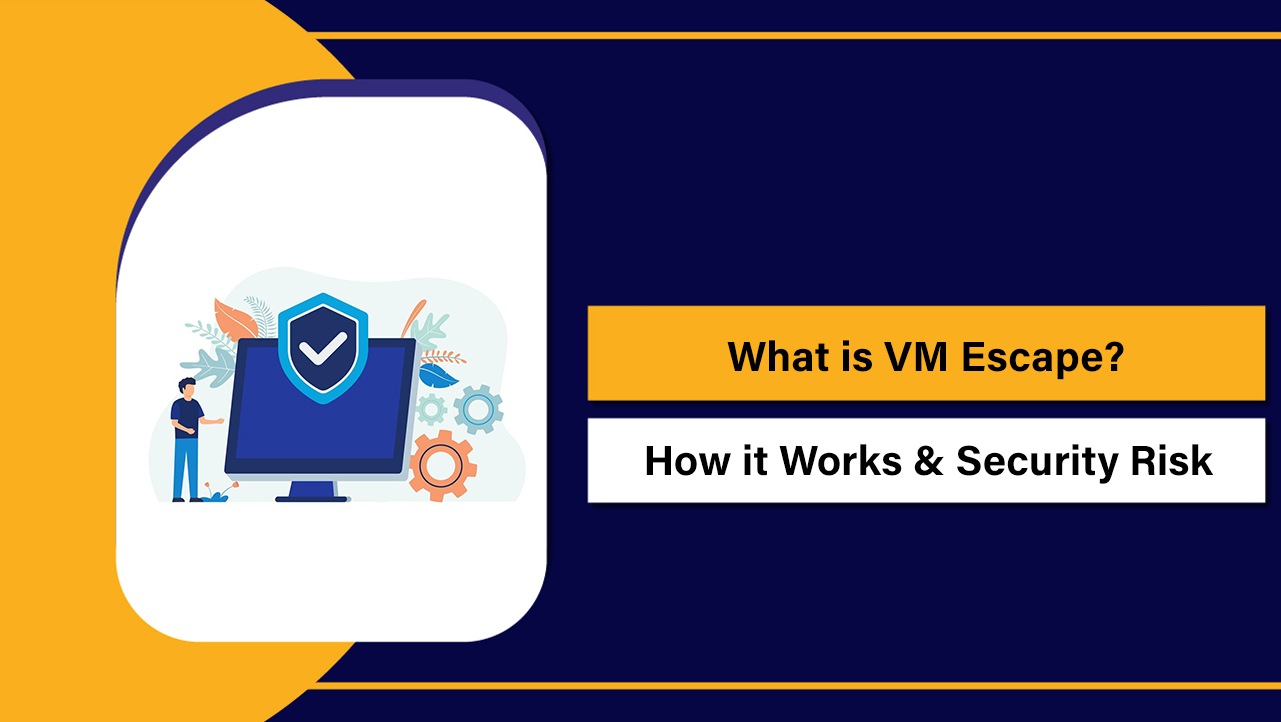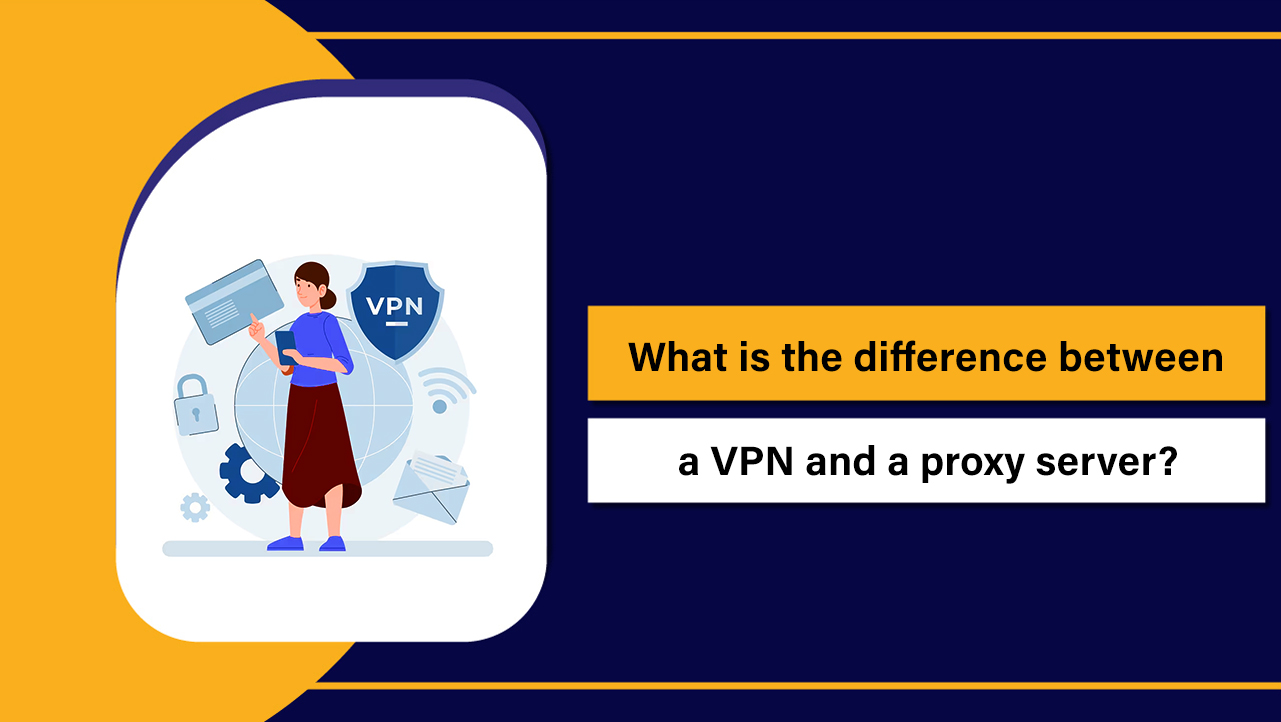The best security practices for dedicated servers in 2026 focus on layered defense: harden the OS, lock down remote access with keys and MFA, segment networks with VPNs, enforce firewalls and DDoS protection, patch continuously (including kernel live patching), monitor with SIEM and IDS/EDR, and maintain immutable, tested backups for rapid recovery.
Dedicated servers give you unmatched control, performance, and isolation—but that also makes security your responsibility. In this guide, I’ll share the best security practices for dedicated servers in 2026, based on real-world hosting experience, modern threat trends, and standards like CIS Benchmarks and NIST 800-53. Use this as a practical, beginner-friendly roadmap you can implement today.
Understand the Security Mindset and Roadmap
Security is a continuous process, not a one-time setup. Start with inventory, reduce attack surface, protect identities, and assume breach. Then, monitor, patch, and practice recovery. This approach aligns with zero trust without overwhelming you on day one.
Harden the Operating System (Baseline)
Install Minimum, Update Everything
Use a minimal OS image and remove unused packages, compilers, and services. Apply vendor updates immediately after provisioning. Follow CIS Benchmarks for your distribution (Ubuntu, Debian, AlmaLinux/RHEL, Windows Server) as a checklist to set secure defaults.
User Accounts, SSH, and MFA
Create named admin users with sudo instead of using root. Enforce key-based SSH (Ed25519) and disable passwords. Add MFA for privileged actions using PAM (for example, TOTP or FIDO2/U2F security keys) and restrict who can log in with AllowUsers/AllowGroups.
# /etc/ssh/sshd_config (Linux)
PermitRootLogin no
PasswordAuthentication no
PubkeyAuthentication yes
AuthenticationMethods publickey,keyboard-interactive:pam
KexAlgorithms curve25519-sha256
Ciphers chacha20-poly1305@openssh.com,aes256-gcm@openssh.com
MACs hmac-sha2-512-etm@openssh.com,hmac-sha2-256-etm@openssh.com
ClientAliveInterval 300
ClientAliveCountMax 2
AllowUsers admin deploy
# systemctl restart sshdOptional: Move SSH behind a VPN or bastion host. Changing the SSH port reduces noise but is not a substitute for strong auth.
Firewalls, Rate Limiting, and Doorkeeping
Default-deny inbound traffic. Open only needed ports to known IPs. Use nftables/ufw (Linux) or Windows Defender Firewall with IP allowlists. Add fail2ban or CrowdSec to block abusive IPs automatically.
# UFW example (adjust ports and IPs)
ufw default deny incoming
ufw default allow outgoing
ufw allow 22/tcp from <your-admin-ip>
ufw allow 80,443/tcp
ufw enableMandatory Access Control and System Integrity
Enable SELinux (enforcing) or AppArmor profiles to limit what services can access. Deploy AIDE or fs-verity for file integrity and mount critical paths with noexec,nodev,nosuid where possible. These controls contain damage if a service is compromised.
Logging and Auditing
Forward logs off the server to a SIEM (ELK/Opensearch, Graylog, Wazuh, Splunk). Enable auditd to record privileged actions (sudo, user changes, config edits). Keep accurate time with NTP/Chrony for forensic timelines.
Network and Perimeter Security
Segmentation, Private Networking, and VPN
Separate public services from admin interfaces. Place management traffic on a private VLAN or over WireGuard/OpenVPN. Use a hardened bastion host for SSH and RDP. Avoid exposing databases, IPMI/BMC, or internal dashboards to the internet.
DDoS Protection and WAF
Provision network-level DDoS mitigation with your hosting provider and add a CDN/WAF for HTTP(S) traffic to filter L7 attacks. Rate-limit APIs and enforce bot protection where applicable. Keep capacity headroom to absorb spikes.
IDS/IPS and EDR for Linux/Windows
Deploy host-based IDS/IPS (Wazuh/OSSEC, Suricata) and an EDR agent to detect lateral movement, unusual processes, and rootkits. eBPF-powered sensors provide low-overhead telemetry that’s valuable for fast triage.
Hardware, Firmware, and Out-of-Band (BMC/IPMI)
BMC/IPMI Hardening
Never expose IPMI/iDRAC/iLO to the public internet. Place it on an isolated management network or access via VPN. Change default credentials, enforce strong passwords/MFA, restrict by IP, and update BMC firmware to patch vulnerabilities.
UEFI, Secure Boot, and Firmware Updates
Set UEFI/BIOS admin passwords, enable Secure Boot, and disable external boot devices. Keep NIC, RAID, and BIOS firmware current. Where supported, leverage TPM 2.0 for measured boot and attestations to detect boot-level tampering.
Disk Encryption and Keys
Use LUKS (Linux) or BitLocker (Windows) for data-at-rest encryption, especially for customer data or compliance scope. Store keys off the server (HSM, KMS, or passphrase via console at boot) and consider auto-unlock via TPM only if physical security is strong.
Patching and Vulnerability Management
Automated Updates and Live Patching
Enable unattended security updates for packages and use kernel live patching (Canonical Livepatch, kpatch, or vendor tools) to reduce reboots. Maintain a standard patch window with rollback plans, and test updates in staging before production rollout.
Scanning, SBOM, and Signed Packages
Run regular external and authenticated scans (Nessus/OpenVAS) and track CVEs for your stack. Use signed repositories, verify package signatures, and maintain an SBOM for custom apps to understand exposure quickly during new vulnerabilities.
Application and Web Stack Security
TLS 1.3, Strong Ciphers, and Security Headers
Terminate HTTPS with TLS 1.3, modern suites, HSTS, and OCSP stapling. Add headers like CSP, X-Frame-Options, X-Content-Type-Options, and Referrer-Policy. Use Let’s Encrypt/ACME for automated certificates and short lifetimes.
Service Isolation and Least Privilege
Run services as non-root with systemd hardening options (PrivateTmp, ProtectSystem, NoNewPrivileges). Isolate applications with containers or VMs when appropriate, and restrict inter-service communication to explicit needs only.
Backups, Recovery, and Ransomware Resilience
Follow the 3-2-1-1-0 Rule
Keep 3 copies on 2 media, 1 offsite, 1 immutable (WORM/object lock), and 0 failed recovery tests. Encrypt backups, separate backup credentials from production, and restrict backup repositories to append-only where possible.
Test Restores and Document RTO/RPO
Run quarterly recovery drills. Measure how long restores take (RTO) and how much data you can lose (RPO). Keep bare-metal restore images and boot media handy for dedicated hardware failures.
Monitoring, Alerts, and Incident Response
Detect Early, Respond Fast
Monitor CPU, RAM, disk, network, logs, and security events with alerts to on-call channels. Create runbooks for common incidents (brute force, web shell, high load, DDoS). Keep forensic tooling ready (memory dump, file integrity, packet capture) and maintain an incident communications plan.
Compliance, Documentation, and Operations
Policies that Make Security Repeatable
Define access requests, onboarding/offboarding, change control, and secrets management. Store configs in version control, use infrastructure-as-code, and document every exception to the standard. These practices support ISO 27001, SOC 2, HIPAA, and PCI DSS goals.
Quick Dedicated Server Hardening Checklist (2026)
- Minimal OS; remove unused packages and services
- Named admin user with sudo; disable root SSH
- SSH keys (Ed25519) + MFA via PAM; strict sshd_config
- Firewall default-deny; allowlist admin IPs; fail2ban/CrowdSec
- SELinux/AppArmor enforcing; systemd sandboxing
- Centralized logs; auditd for privileged actions
- Private VLAN/VPN for management; bastion host
- DDoS protection and WAF/CDN for web workloads
- Regular vulnerability scans; automated and live patching
- Encrypt disks (LUKS/BitLocker); Secure Boot enabled
- Harden and isolate BMC/IPMI; update firmware
- 3-2-1-1-0 immutable backups; quarterly restore tests
- IDS/IPS + EDR; SIEM with actionable alerts
- Document procedures; verify compliance requirements
Practical Examples You Can Start With Today
- Provision with a minimal image, update, and create an admin user with sudo.
- Apply the SSH and UFW examples above; verify you can log in via key and MFA.
- Install fail2ban/CrowdSec, enable SELinux/AppArmor, and forward logs to a SIEM.
- Place IPMI and SSH behind a WireGuard VPN; remove public exposure for admin ports.
- Enable unattended security updates and set kernel live patching.
- Configure immutable, offsite backups and perform a test restore this week.
FAQs: Best Security Practices for Dedicated Servers in 2026
What are the first five steps to secure a new dedicated server?
Update the OS, create a sudo user, disable root SSH and passwords, enforce key-based SSH with MFA, and set a default-deny firewall. Then remove unused packages, enable SELinux/AppArmor, and set up centralized logging. These basics eliminate the most common attack paths.
Should I expose IPMI/iDRAC to the internet?
No. Keep out-of-band management on a private network or VPN-only access, change default credentials, and update firmware. Publicly exposed BMCs are a high-value target and frequently probed, making them one of the riskiest exposures for dedicated servers.
Do Linux servers need antivirus or EDR?
While traditional antivirus is optional for many Linux workloads, an EDR or HIDS is strongly recommended in 2026. Modern attacks involve living-off-the-land techniques and credential theft that signature AV may miss; EDR provides behavior detection and rapid response.
How often should I patch a dedicated server?
Apply security updates weekly at minimum, with emergency patching for critical CVEs. Automate standard updates, use kernel live patching to reduce downtime, and test changes in staging before production. Maintain rollback plans and snapshots where possible.
Are SSH keys safer than passwords for server access?
Yes. Unique Ed25519 SSH keys are resistant to brute force and credential stuffing. Combine key-based auth with MFA (for example, FIDO2 or TOTP through PAM), disable password logins, and restrict SSH by IP or VPN for robust protection.
Final Thoughts
In 2026, the winning strategy for dedicated server security is layered: strong identity and access, hardened OS and services, protected networks, continuous patching and monitoring, and resilient backups. Start with the checklist, automate what you can, and iterate. If you need a trusted partner, YouStable can help you implement these controls safely and efficiently.



